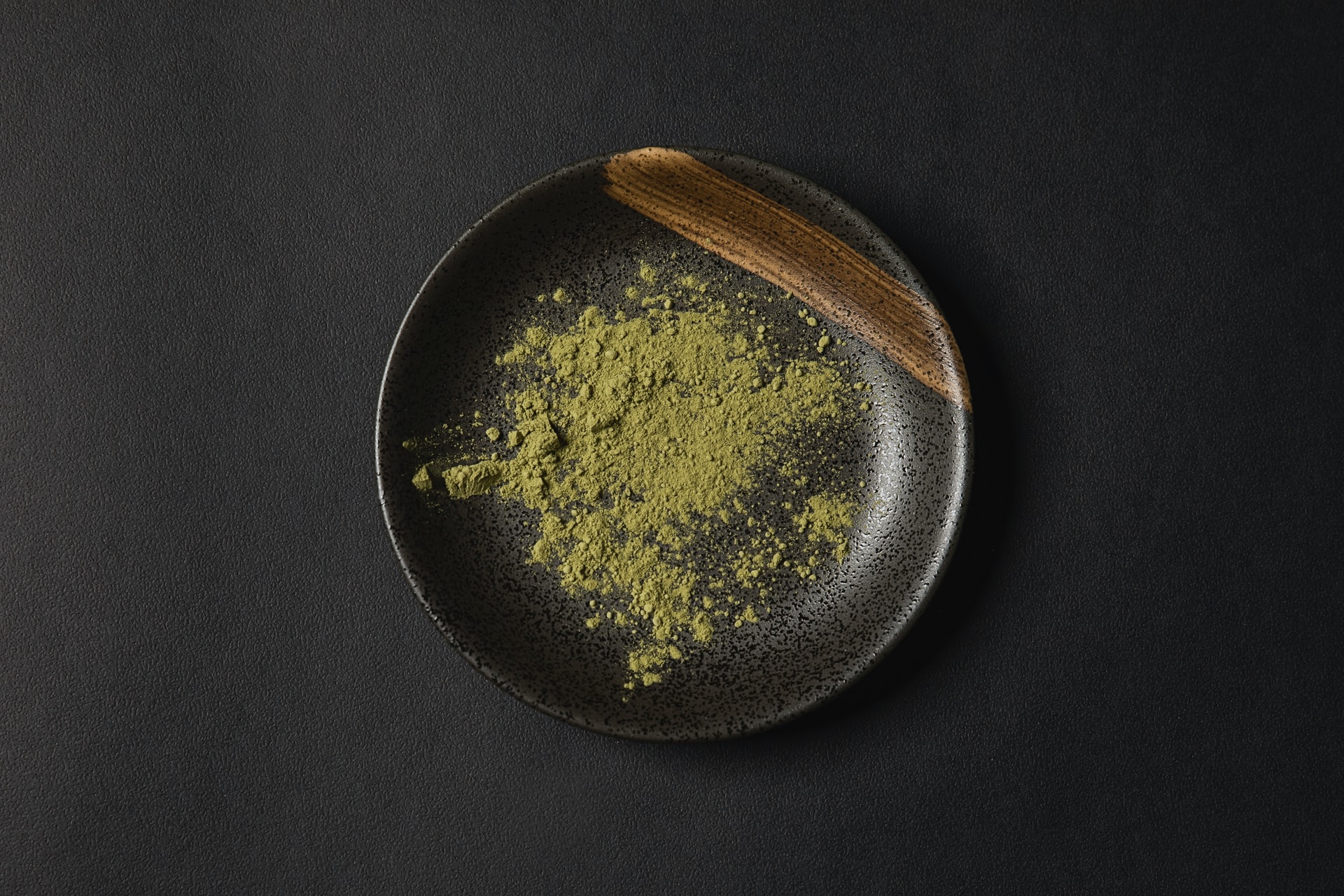Kratom is a well-known plant that has been used for centuries in Southeast Asia. The leaves of the plant can be crushed and brewed into a tea, or they can be chewed on like gum. Kratom has been traditionally used to treat pain, diarrhea, and opioid withdrawal symptoms. However, recent research suggests that kratom may also have beneficial effects on mental health. In this article, we will discuss the evidence that supports the use of kratom for boosting mental health.
About The Kratom Plant
Kratom is a tropical evergreen tree, native to Southeast Asia. The scientific name for kratom is Mitragyna speciosa. The leaves of the kratom tree are typically dried and then crushed into powder. This powder can be used to brew a tea, or it can be taken orally in capsules or tablets. The active compounds in kratom products are called alkaloids. These alkaloids include mitragynine and hydroxy mitragynine.
Recent Research On Kratom
In recent years, there has been an increase in the number of studies investigating the potential health benefits of kratom. Some of this research has shown that kratom may have beneficial effects on mental health. For example, one study found that kratom was effective in reducing anxiety and depression symptoms in rats. Another study found that kratom may be effective in treating symptoms of post-traumatic stress disorder (PTSD).
How Can Kratom Be Used To Help People With Mental Health Issues?
A 2017 study found that individuals with anxiety and depression who self treat with kratom experienced a lighter mood and a reduction in their symptoms. These findings were confirmed in another study conducted in 2018. Kratom has also been used to help people manage the withdrawal symptoms associated with opioid addiction. Common withdrawal symptoms include:
- Muscle aches
- Restlessness
- Sleep issues
- Diarrhea
- Nausea
- Vomiting
- Abdominal cramps
- High blood pressure
Researchers believe certain compounds in kratom leaves interact with the opioid receptors in the brain. Depending on the dosage a person takes, kratom may contribute to sedation, feelings of pleasure, and a lower perception of pain.
The evidence that kratom may have beneficial effects on mental health is still preliminary. However, the available evidence does suggest that kratom may be a promising treatment for a range of mental health issues. If you are considering using kratom for mental health, it is strongly recommended that you consult a qualified healthcare provider first.
How Is Kratom Usually Taken?
Kratom is typically taken orally in capsules or tablets. As mentioned earlier, it can also be brewed into tea. If you are interested in using kratom for mental health, there are a few things to keep in mind. First, it is important to start with a low dose and increase the dose gradually as needed. Many people take note of the lowest dosage needed to relieve presenting symptoms. As it is unlikely that you are experiencing mental health issues every day, you should not use kratom every day. It is also crucial to remember that kratom should not be used in place of traditional medical or mental health care.
Do not mix kratom with other substances, as this could lead to potentially dangerous side effects. Kratom should also not be taken in very large doses, as this could contribute to the development of serious health complications. If you have any questions about taking kratom, it is important to do additional research and speak with your doctor. Your doctor will help you to decide if kratom is right for you.


